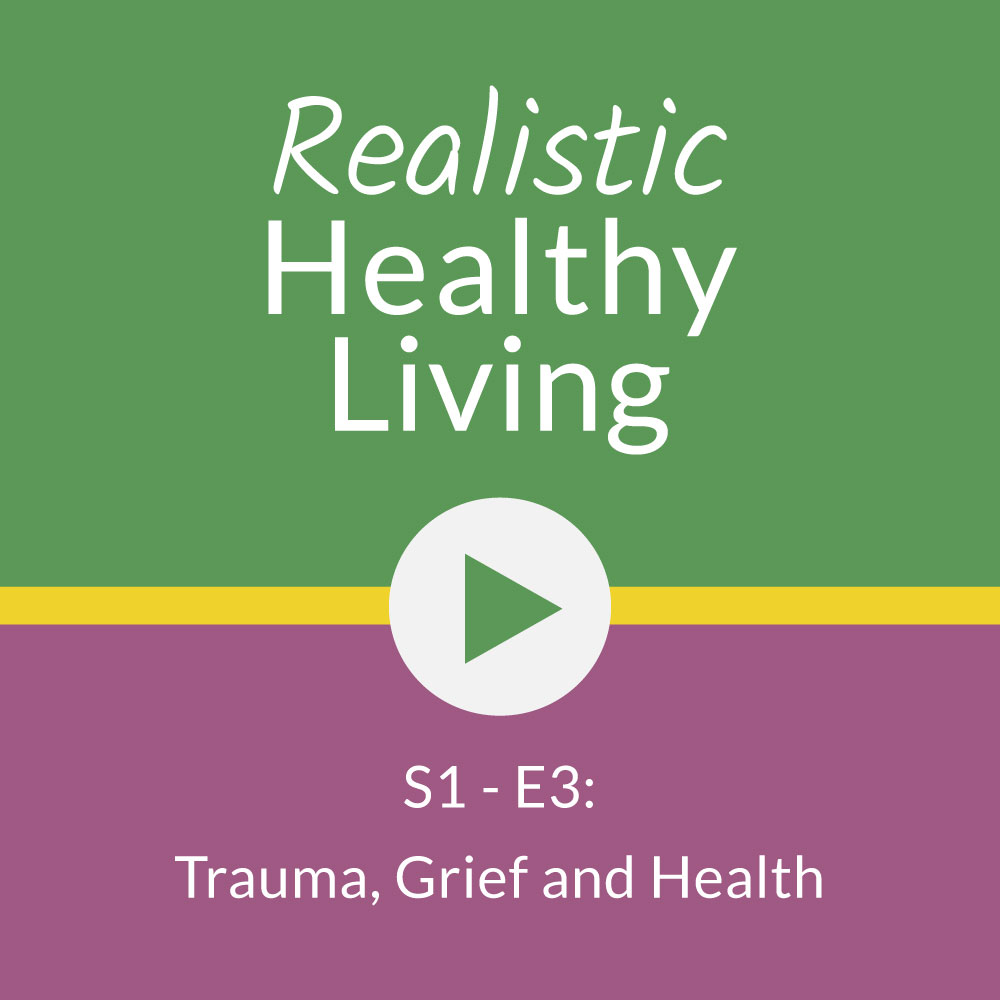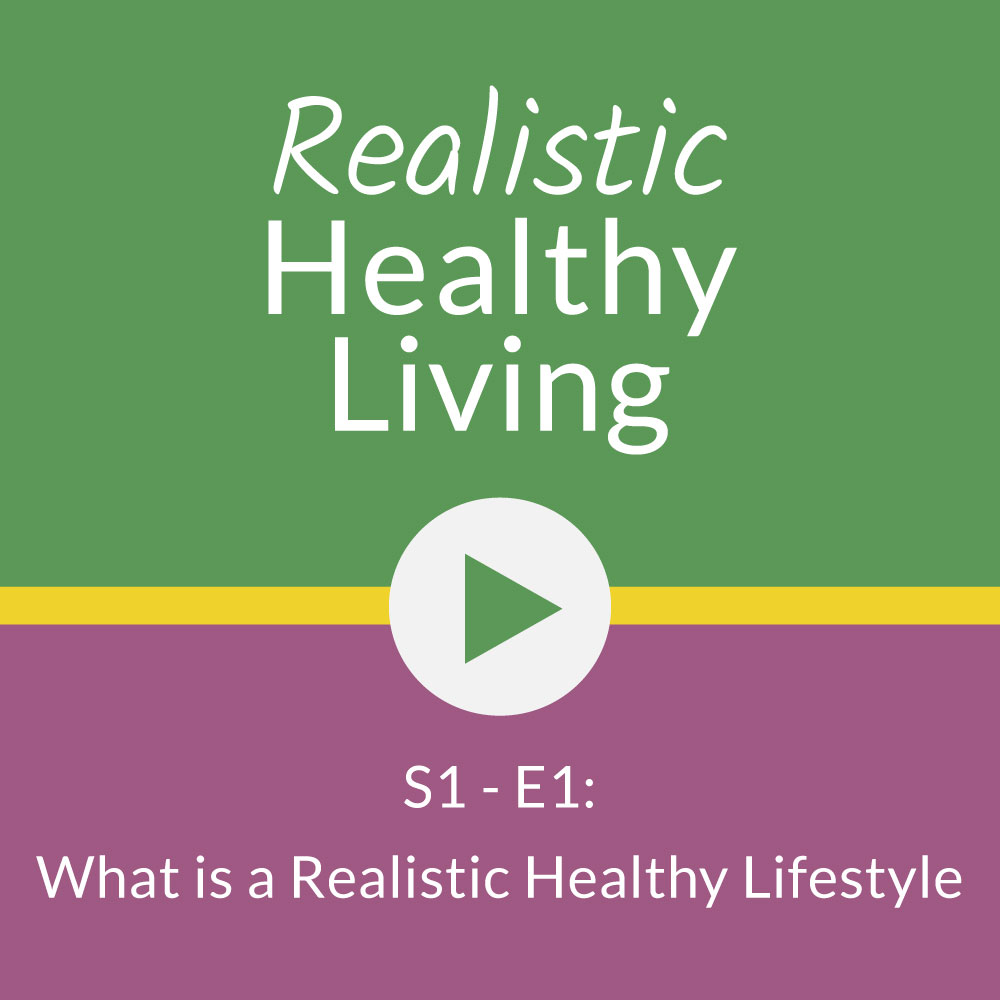“I don’t like to exercise”. “I don’t have time to exercise”. “I can’t afford to go to the gym”. “I will never attend a gym class”. “I’m not comfortable with other people seeing me exercise”.
Maybe you resonate with one or more of these statements. You are not alone. Exercise, for many of us, can be attached to certain emotions that can detain us from doing physical activity although we all know it is one of the components of a healthy lifestyle. But when we are reluctant about it, some choose to completely stay away from exercise to avoid any challenges, discomfort, or even disappointments.
Physical activity can also bring up a certain image in our minds that makes it feel even less attainable. This lean, energetic, healthy-looking person with a zest for life, works out 5 days a week and always watches what they eat. That can be intimidating and might even make us feel more discouraged.
I get it.
But what if I told you there is an underrated way to keep active, without any special equipment, designated clothes, membership to any facility or a long commute?
What if I promised you no special skills are required?
What if I assured you anyone can do that anywhere, and anytime?
And, it can be as beneficial as many other forms of exercise!
Sounds good?
Keep reading.
One of the best, most underrated exercises which provide us with a wide variety of benefits and requires very little is walking.
All you need is a comfortable pair of shoes. That’s it.
You can have full control over how far you will walk, how long, how strenuous it would be, when, where, with a company or by yourself.








